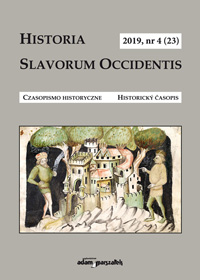Europa Środkowa – pojęcie, uwarunkowania historyczne, znaczenie
Central Europe – the concept, the historical conditioning, the significance
Author(s): Antoni BarciakSubject(s): History
Published by: Wydawnictwo Adam Marszałek
Keywords: Central Europe; notion; history; research
Summary/Abstract: The notions of “Central Europe” and “Central-Eastern Europe” refer to a large region, historically conditioned, which included all countries located centrally on the European continent. The notion contains the vast areas that were once dominated or influenced by Russia or the Soviet Union. They are used by historians and politicians alike but historical references prevail. There is mutual agreement that Poland, the Czech Republic, Slovakia and Hungary are the core of this region. In its historical sense, the notion goes back to the beginning of the 20th century although there were previous attempts to use it (e.g. the notion of Mitteleuropa promoted by Germans). The developments after the First World War and, later on, after 1989 raised interest in the region and in the countries which came into existence and were liberated from the influence of the East, facing danger from both the East and the West. It resulted in attempts at restoring political unity based on history. In this research, Polish historians usually refer to the Union of Lublin, formed in 1569 between Poland and Lithuania.
Journal: Historia Slavorum Occidentis
- Issue Year: 23/2019
- Issue No: 4
- Page Range: 11-20
- Page Count: 10
- Language: Polish

